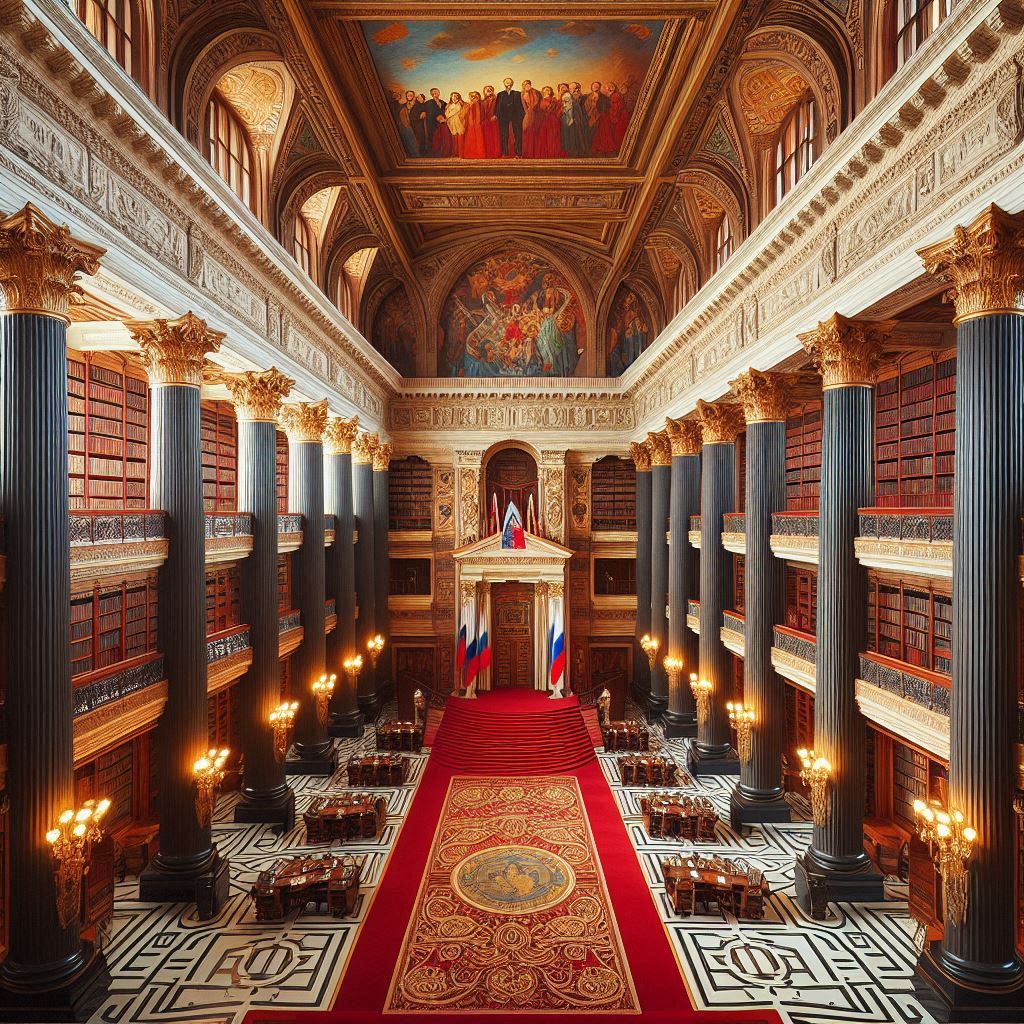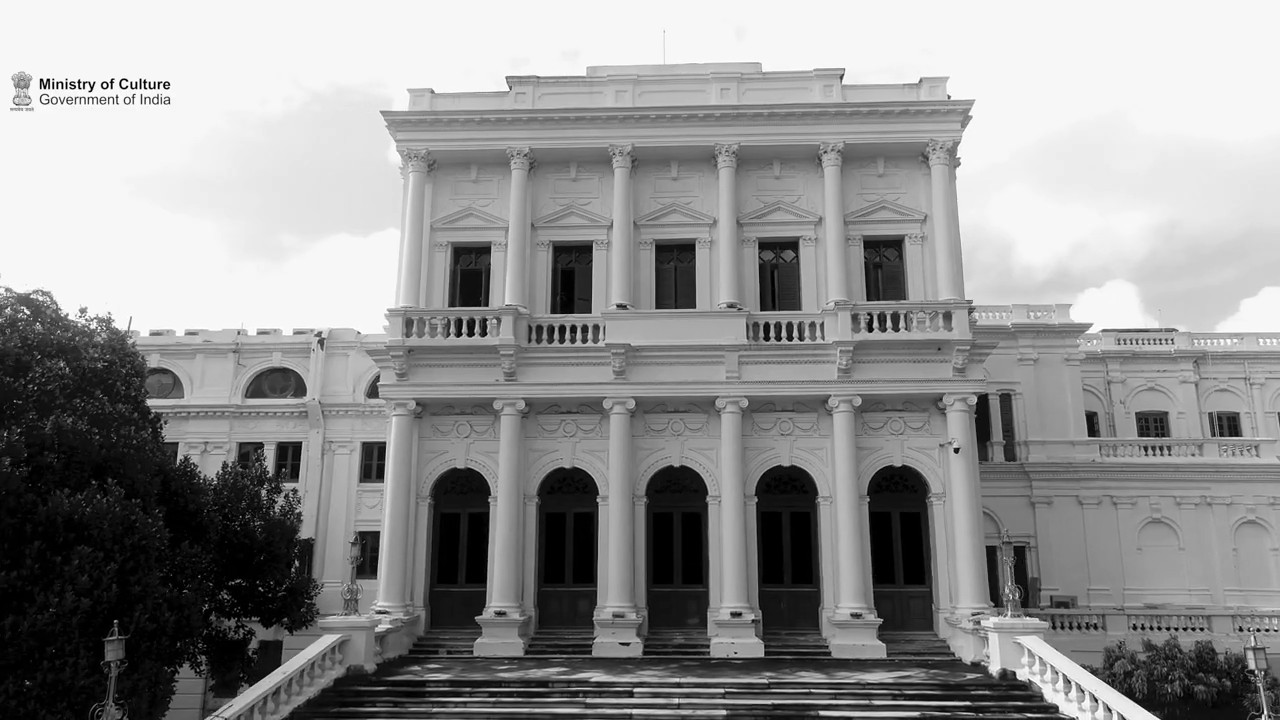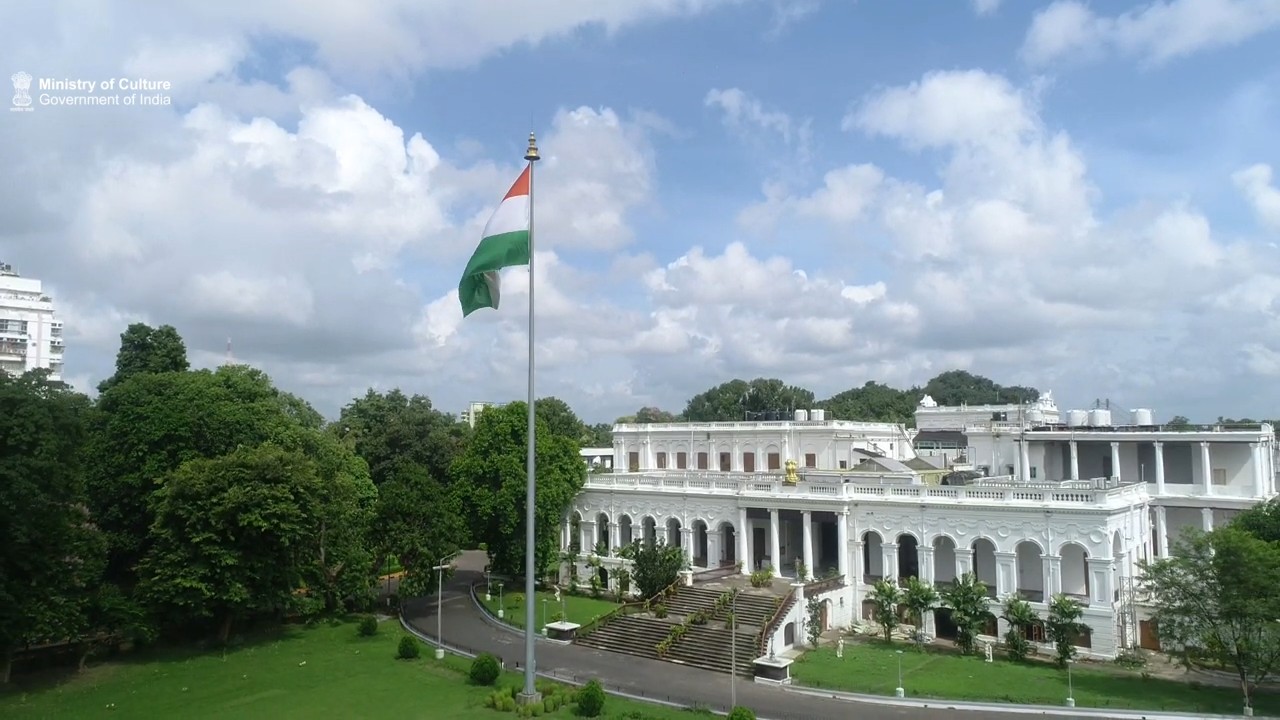National libraries are institutions designated to serve as a nation’s primary information repository. The government typically funds and operates them to collect, preserve, and provide access to the nation’s knowledge and cultural heritage.
Unlike public libraries, which focus on lending books and providing community resources, national libraries often preserve and archive a country’s publications and other cultural artifacts.
Here’s a brief overview of each of these significant national libraries, including their founding and historical importance:
1. State Lenin Library (Russian State Library), Moscow – 1862
- Founded: 1862
- Location: Moscow, Russia
- Significance: Initially called the Rumyantsev Museum and Public Library, it was renamed after Vladimir Lenin in 1925. Known today as the Russian State Library, it holds one of the largest collections in the world, with over 47 million items. Its collections span historical manuscripts, rare books, and important Russian literature, making it a key cultural and research center in Russia.

State Lenin Library, Moscow
2. National Library of India – 1835
- Founded: 1835 (as Calcutta Public Library)
- Location: Kolkata, India
- Significance: The largest library in India, the National Library of India was initially established as the Calcutta Public Library. It was later merged with the Imperial Library in 1903 and renamed the National Library in 1948. It houses millions of documents, including rare publications, manuscripts, and a diverse collection in Indian languages, making it crucial for research on the history and culture of India and Asia.

Source: NATIONAL LIBRARY OF INDIA

Source: NATIONAL LIBRARY OF INDIA
3. Bibliothèque Nationale de France (National Library of France), Paris – 1440
- Founded: 1440
- Location: Paris, France
- Significance: One of the oldest and most prestigious libraries in the world, the National Library of France was established by King Charles V and expanded significantly under Louis XIV. It holds over 40 million items, including rare manuscripts, maps, and historical documents. Known for its extensive medieval and Renaissance collections, it is a key institution for French and European culture and scholarship.

National Library of France
4. National Diet Library, Japan – 1948
- Founded: 1948
- Location: Tokyo and Kyoto, Japan
- Significance: Established as Japan’s national library following World War II, the National Diet Library serves as a repository for all Japanese publications and legislative documents. It was modeled after the Library of Congress in the U.S. to support research for the Japanese parliament, known as the Diet. It plays a crucial role in preserving Japanese cultural heritage and supporting academic research.

National Diet Library, Japan
5. National Library of Germany – 1912
- Founded: 1912
- Location: Frankfurt and Leipzig, Germany
- Significance: Founded to archive German publications, the National Library of Germany now has sites in both Leipzig and Frankfurt. It collects and preserves all German-language publications, as well as foreign works about Germany, making it an important resource for German literature, history, and culture.
National Library of Germany
6. Library of Congress, USA – 1800
- Founded: 1800
- Location: Washington, D.C., USA
- Significance: The Library of Congress is the largest library in the world and serves as the national library of the United States. It was founded to support Congress but has since expanded to serve scholars, researchers, and the public. It holds over 170 million items, including books, manuscripts, photographs, maps, and music. The library is renowned for its vast and varied collections that reflect the American experience and international scholarship.

Library of Congress, Washington DC

Library of Congress Collection, Washington DC

Library of Congress, Washington DC

Library of Congress Reading Hall, Washington DC

Library of Congress, Washington DC

Library of Congress, Washington DC

Library of Congress, Washington DC

Library of Congress, Washington DC
These libraries not only house vast collections of books and historical documents but also serve as cultural icons and essential research centers for their respective countries.
Join Social Community for Updates

